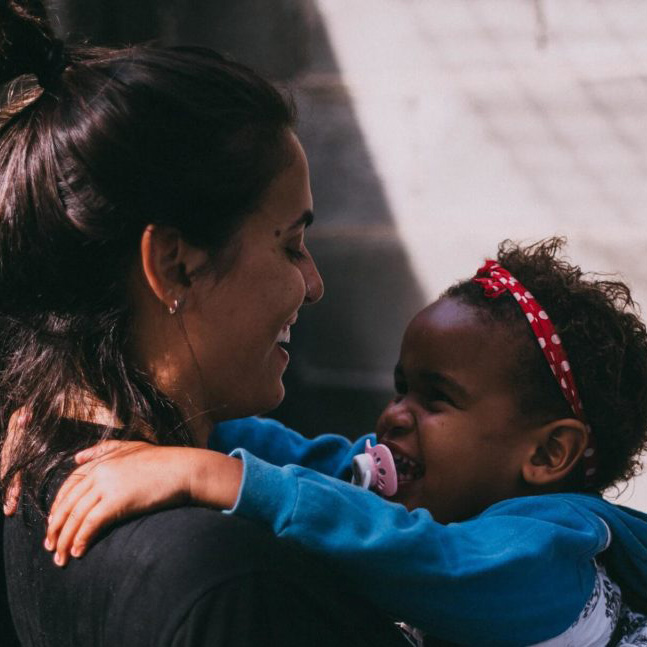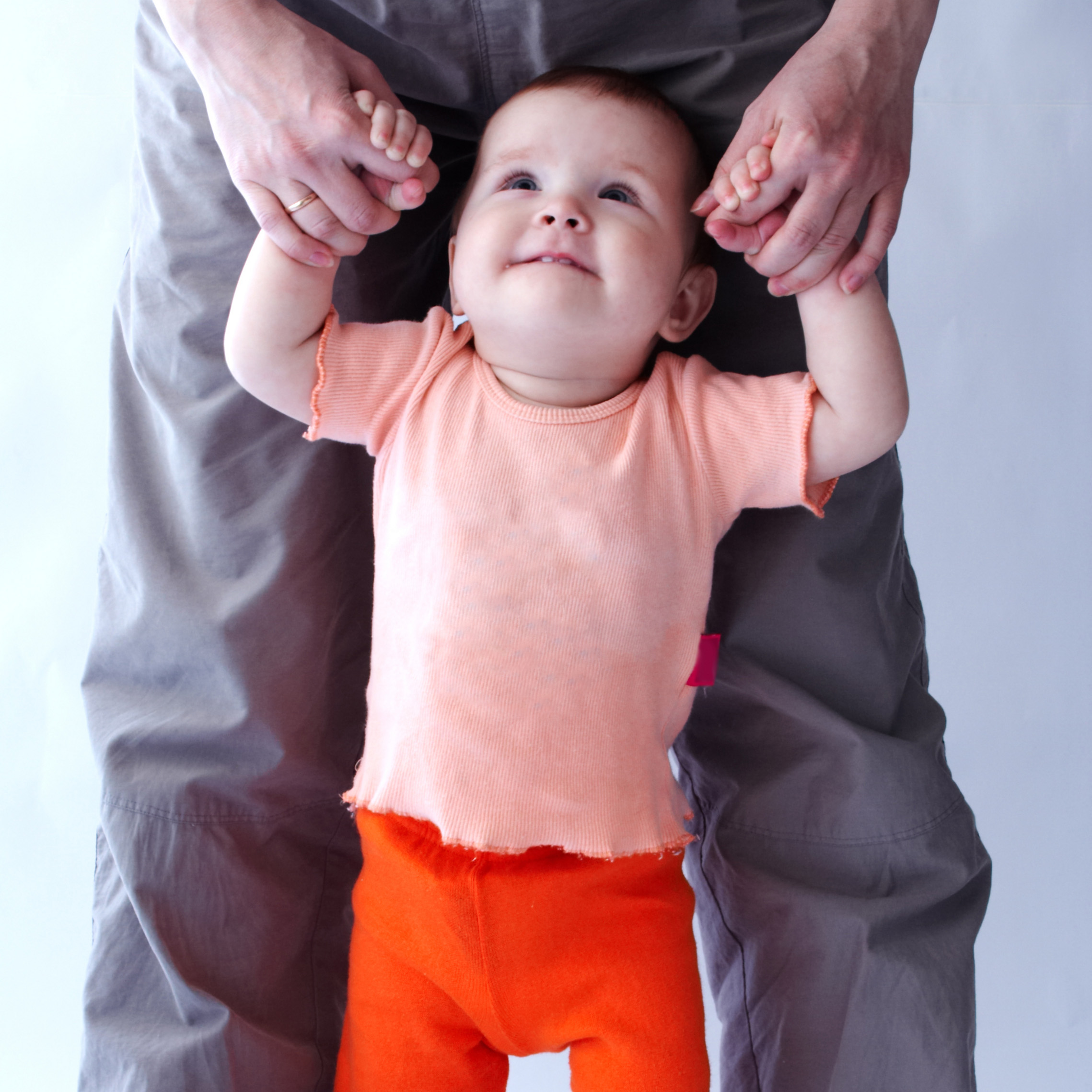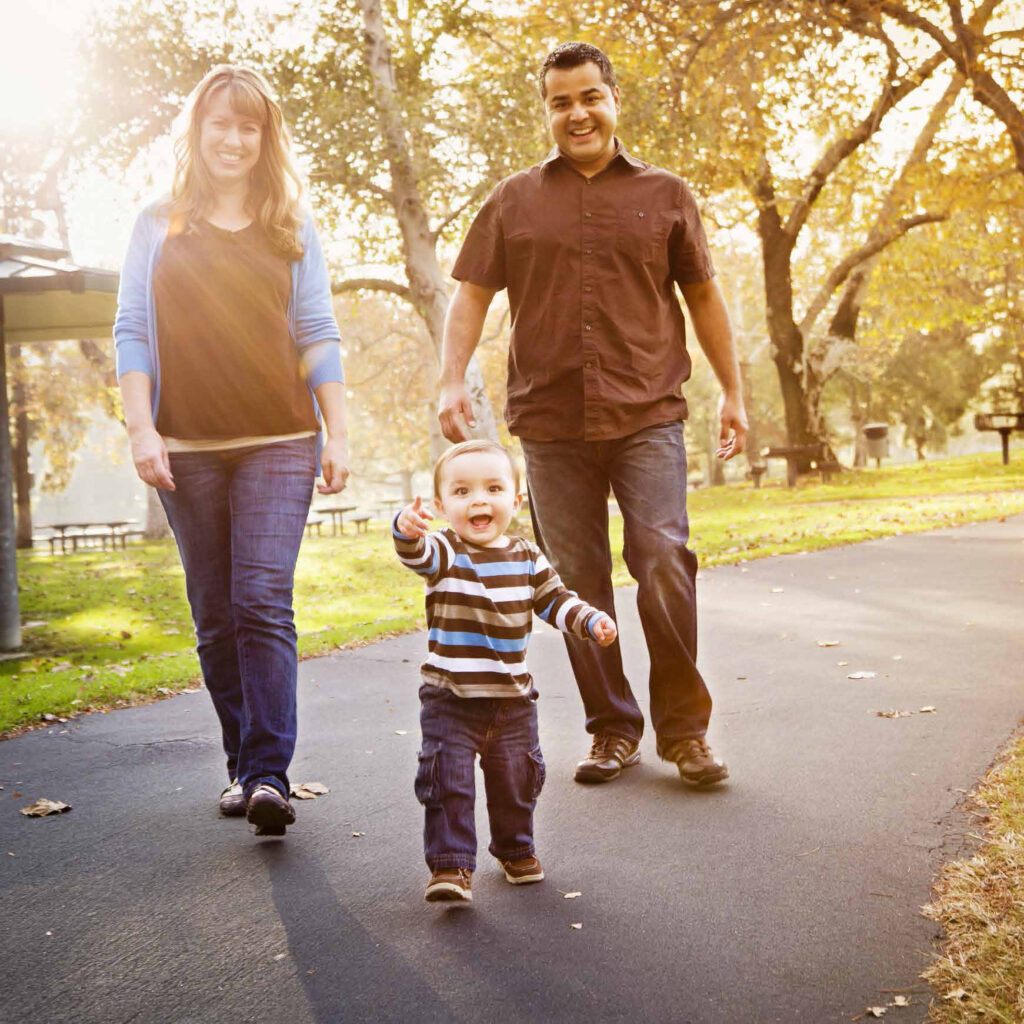Foster Care For Newborns
Guidelines for fostering babies
Foster and kinship carers support children and young people from newborn through to 21 years of age. There are numerous reasons why children need foster carers and care arrangements are sometimes determined before they’re born and during infancy.

Expectations
To be eligible to become a foster carer for a child of any age, you need to be over 18 years of age, willing to undergo home safety and background checks, and complete mandatory foster care training.
All applicants and household members over the age of 18 also need to be eligible to receive a Blue Card clearance. Foster parents in Queensland need to complete pre-service training and ongoing mandatory training modules. This helps to ensure that they’re capable and confident to support the diverse needs and wellbeing of the young person they’re caring for. If you’re an Australian citizen or permanent resident, you are eligible to foster children and infants.
FOSTERING NEWBORN BABIES AUSTRALIA
What’s different for carers of infants?
Whooping cough vaccination
In addition to the above requirements, a carer of a baby or child under four years of age is also required to be vaccinated for whooping cough. Whooping cough vaccinations are valid for 10 years.
Babies don’t need their own room
It’s highly recommended that children in care have their own rooms, as it gives them a personal space and can help them to feel more relaxed, safe and comfortable in their new home. For carers of babies, it’s more accepted that they can sleep in a cot inside of their carers room.
Why do infants need care?
If you’re thinking about foster caring, it’s important to remember that children come into care for various reasons. It may be due to neglect, abuse, trauma or because their parents are unable to provide care to the child.
Carers are strategically matched with children who meet their unique life experiences. Therefore, if you’re someone who has experience with caring for infants, it’s possible you may be matched with one.
It’s important for carers to be prepared to support and sooth infants through their time of need. Some babies who need care are often more restless and could be more difficult to soothe than babies who are cared for by their parents.


Other considerations for caring for infants
Many infants who come into out-of-home care may require daily breastfeeding from their birth mothers. Carers, therefore, may be required to meet daily with the child’s biological parents and support the facilitation of this process.
Carers also play an important role in supporting the reunification process of children and infants with their birth parents or extended family. Enabling scheduled meetings between children and their family is an important part of being a foster parent. Reunification can occur at any time, even after a child has been in care for many years.
When the time comes for children in care to return to their birth parents, it can be a bittersweet moment for carers. Check out some of our tips for foster parents during the reunification process.
Is there emergency foster care for babies?
Yes, the same emergency care processes apply to babies as they do to older children. In emergency care situations, the most important thing is that the baby and/or children are removed from a dangerous situation as fast as possible. If necessary, suitable short-term or long-term arrangements will then be made for the baby or foster child by Child Protection and the relevant foster care agency.

We’ve answered the most common foster and kinship care question
